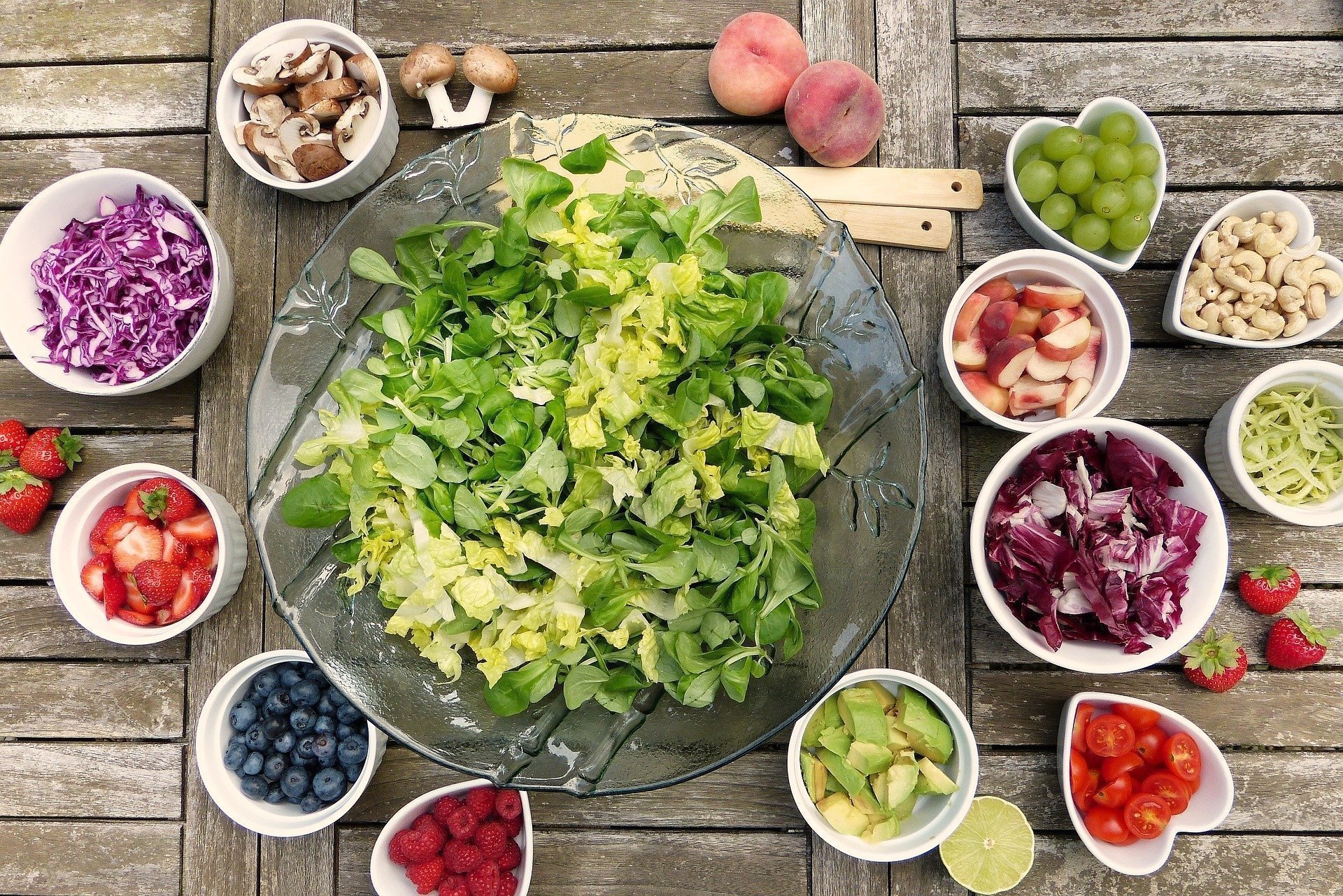
By Dr Gurjeet Jutley (OAB Trustee and ophthalmic surgeon at the John Radcliffe Eye Hospital, you can find out more about Gurjeet by going to his website: www.gurjeetjutley.com)
Many people remain unaware of the relationship between diet and eyesight. However, a poor-quality diet really can have a negative impact on your eyesight. Fruits, vegetables and other foods contain ingredients including vitamins and minerals that can protect the quality of your eyesight and maintain healthy eyes. For more advice from Dr Gurjeet Singh Jutley about the effect your diet can have on your eyesight, please read on…
What to eat
Nutrients that help us maintain healthy eyesight include Omega-3 fatty acids, which can be found in oily fish like tuna and cod. Green vegetables including spinach and kale offer a high volume of carotenoids like lutein, which can also help you protect your eyesight. If you don’t get enough complex B vitamins, you may risk developing cataracts. Garlic and onions include sulfur, which helps us produce glutathione, an antioxidant that protects the sight. You can maintain good eye health with protein sources like nuts, beans and eggs as well as citrus fruits such as oranges. Pork and oysters can also help.
Conditions that can affect your sight
Maintaining a healthy weight can help you avoid conditions including type 2 diabetes, strokes, heart disease, high blood pressure and certain cancers, all of which can affect the sight. It may be possible to get all the vitamins and minerals you need to maintain good eye health from a nutritious, balanced diet, but you may be advised to take a supplement if you are missing out on certain ones. Type 2 diabetes is one of the main causes of blindness in adults, so it really is important to eat well and maintain a healthy weight to protect your eyesight.
Wet and dry AMD
Age-related macular degeneration (AMD) often affects older people. The condition causes the cells in the macula, which is the main part of the retina, to stop working, resulting in reduced central vision quality. With dry AMD, the cells stop working correctly without new blood vessels being grown. In wet AMD, new vessels are grown but incorrectly. They can cause further damage to the macula, leading to poor vision. Unlike dry AMD, treatments are available for wet AMD. Antioxidants including Vitamins A, C and E can help with wet AMD, as can lutein and zeaxanthin.
What other steps can be taken?
As an ophthalmologist I advises that there are many other steps you can take to protect the quality of your eyesight and defend your eyes. These include wearing sunglasses to block UV rays, quitting smoking, avoid looking at computer screens for too long, using safety eyewear and seeing your doctor and optometrist on a regular basis for advice, support and check-ups.


